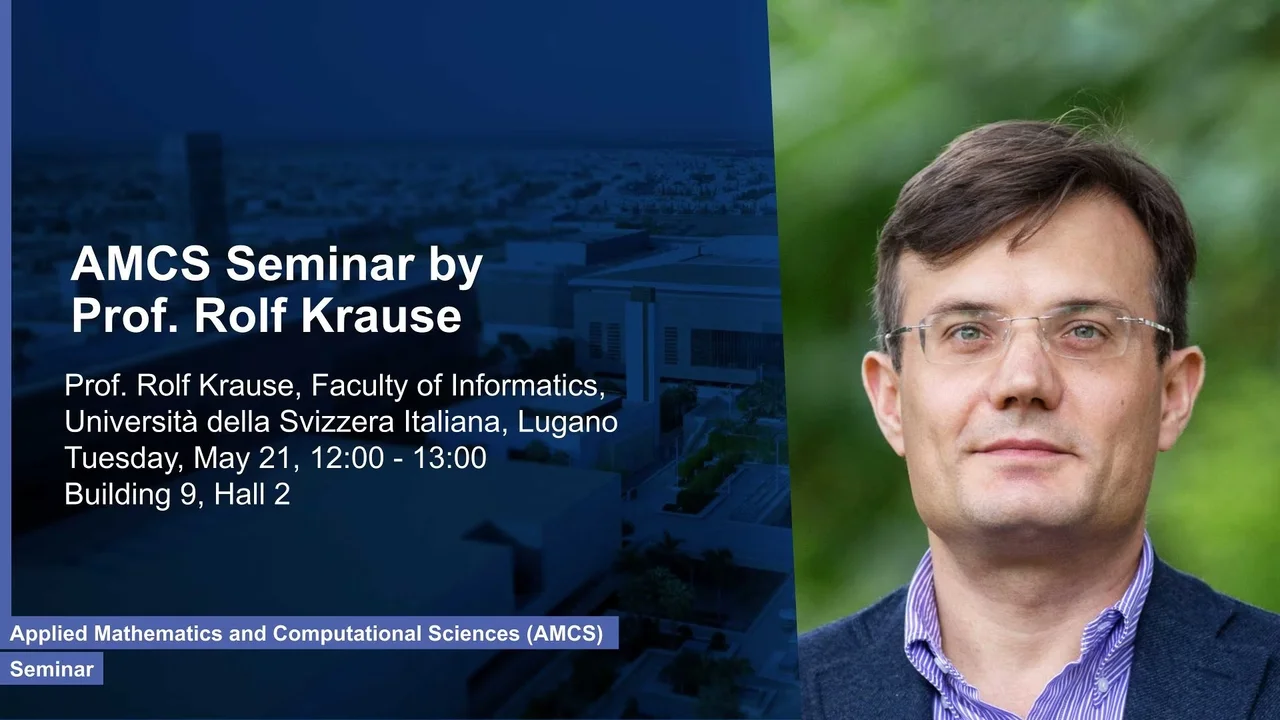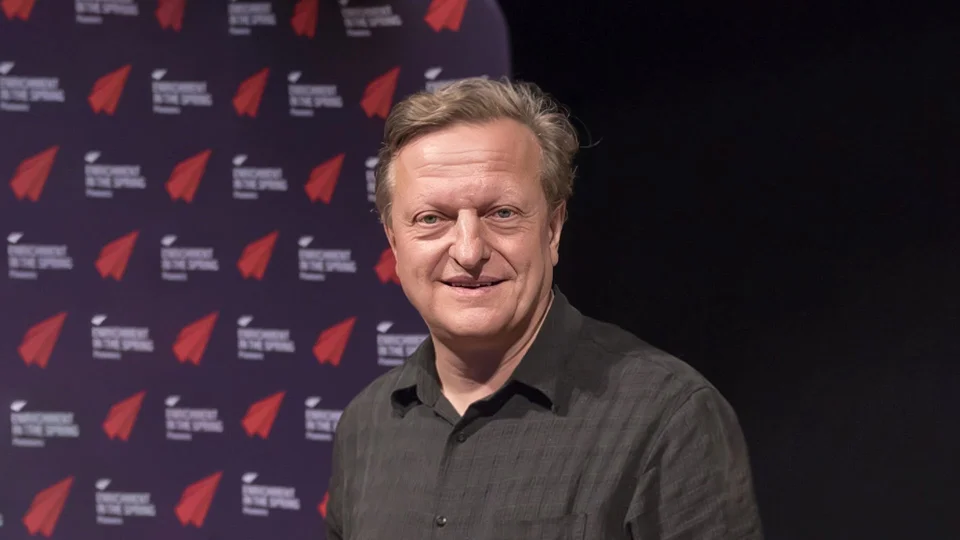
Numerical simulation in engineering and medicine - On multi-scale approaches, scientific software, and uncertainty
Complex geometries, non-smooth surface-effects, non-linear and heterogeneous material behaviour, and coupled multi-physics problems pose fundamental challenges for numerical simulation methods - may it be on the mathematical or on the software sie. In this talk, we will present and discuss multi-scale approaches for the efficient solution of smooth and non-smooth large scale non-linear systems, and we will comment on how to realize them in modern and HPC-friendly scientific software. Particular emphasis will be put on the design and construction of non-standard approximation and model hierarchies for non-linear problems, which then will be exploited for designing efficient solution methods in space, time, and space-time.
Overview
Abstract
Complex geometries, non-smooth surface-effects, non-linear and heterogeneous material behaviour, and coupled multi-physics problems pose fundamental challenges for numerical simulation methods - may it be on the mathematical or on the software sie. In this talk, we will present and discuss multi-scale approaches for the efficient solution of smooth and non-smooth large scale non-linear systems, and we will comment on how to realize them in modern and HPC-friendly scientific software.
Particular emphasis will be put on the design and construction of non-standard approximation and model hierarchies for non-linear problems, which then will be exploited for designing efficient solution methods in space, time, and space-time. Ideas from optimization will be intertwined with efficient iterative solution methods, in order to obtain efficient and globally convergent solution methods for non-linear problems. As it turns out, the multi-scale hierarchies can also conveniently be employed for parameter identification and uncertainty quantification.
Our methods will be applied to complex examples from geosciences, computational (bio-) mechanics, and cardiac simulation, and computer graphics.
About Speaker
Prof. Rolf Krause, Chair for Advanced Scientific Computing,Director Institute of Computational Science, Faculty of Informatics, Università della Svizzera Italiana, Lugano.
Research Profile
Prof. Rolf scientific research focuses on numerical simulation and mathematical modeling in scientific computing and computational sciences. As a matter of fact, the complexity of real world applications constitutes a challenge for numerical simulation, turning the development of stable discretization schemes and highly efficient solution methods into a challenging task. In addition to a well balanced combination of methodological and mathematical knowledge, it also requires experience in dealing with practical aspects of the implementation.
Prof. Rolf not only considers the theoretical aspects neccessary to derive and understand reliable and efficient simulation tools; he is also highly interested in their qualitative and quantitative behavior, which can be best understood along employing them in the context of challenging applications. This approach allows for the development of theoretical well founded simulation methods, which show excellent performance also in real world applications.
One important aspect is to implement the developed methods in high-level software libraries (ObsLib++, CutLib, CTI). By means of these libraries, constrained and non-linear problems can be solved using modern parallel multiscale approaches. With respect to application areas, Prof. Rolf's work focuses on the contact problems in linear and non-linear elasticity (including friction), concurrent multiscale simulations in mechanics (micro-macro transitions), real world applications in mechanics, biomechanics, and cardiac simulation.
